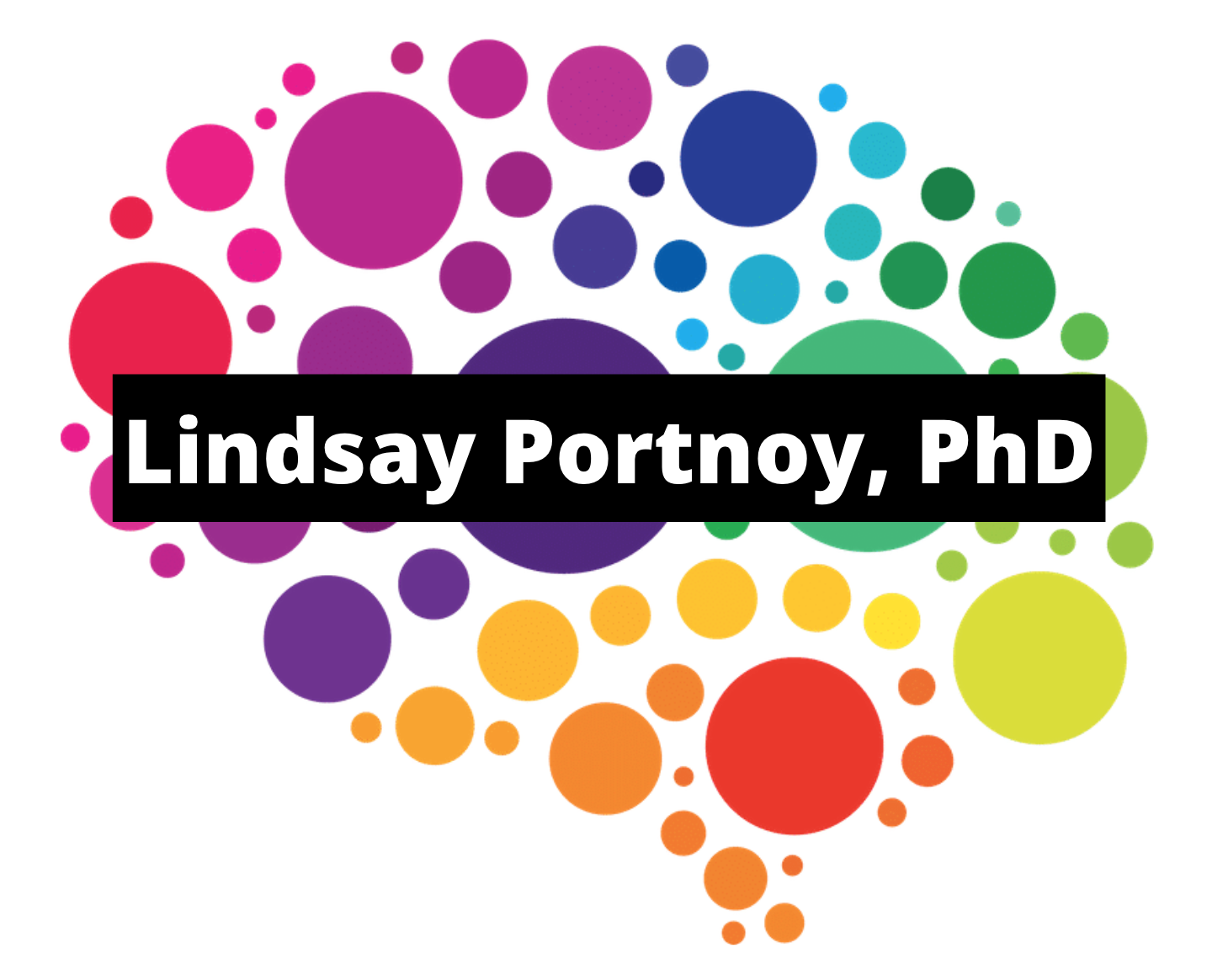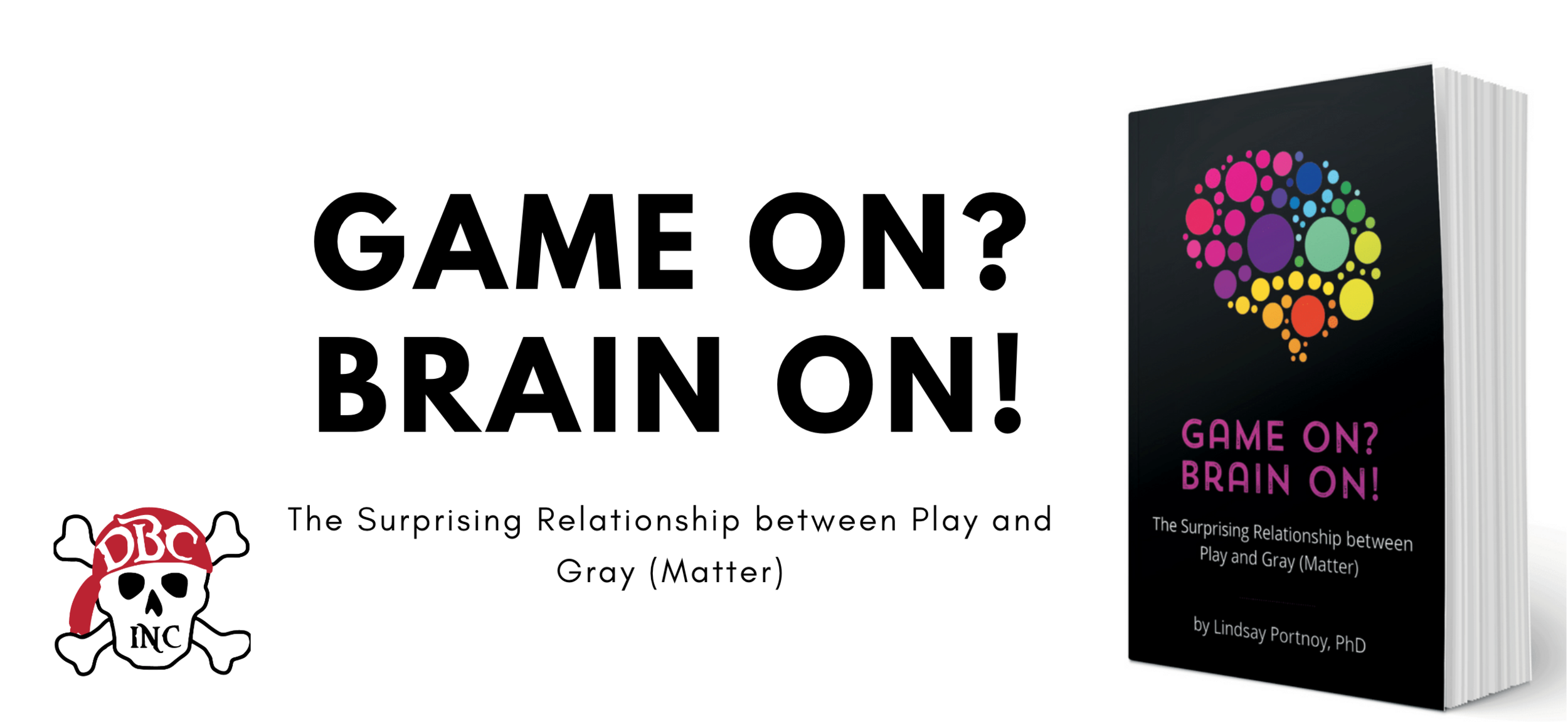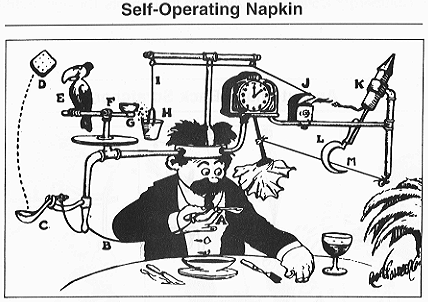Conclusion: Changing the Game, from Consumption to Creation
The science of play is the play that is science. Nearly every great innovation was born from the trial and error (and error and error) of trying something new just one more time until at last it worked.
Isn’t this the same way we approach play?
It’s funny then, to think that the way our schools are set up is more like Hunger Games where it’s each person for themselves, than like an escape room where your combined efforts push everyone’s thinking forward through iteration towards a collaborative win.
“Together we can all design the change we want to see in education by bringing back the most impactful way we know to learn: play.”
The path towards purposeful and collaborative learning that will move our education system towards the more just and equitable future we all want is possible. It is not the current sanction based separation based on socioeconomic status but instead system based scaffolds based on the many assets of each of our learners.
What would happen if instead of teaching the physics of incline planes in your next lecture you instead challenge your students to design their own Rube Goldberg the way Steve Isaacs does in Chapter 6?
Source: Wikipedia, Originally published in Collier's, September 26 1931
Stuck at home for remote school? Challenge your students to create their Rube Goldberg in Minecraft and enter it in the 2021 Digital Rube Goldberg Machine Minecraft Contest!
Using a video conferencing tool to connect? What about a game of HeadsUp, Pictionary (using the whiteboard feature), or charades?
Don’t want to turn on the tech? Below are some of our favorite low-fi family games that are sure to keep you and your learners thinking, laughing, and growing together:
And if you’re down with the digital games here’s a sneak peek into some of the games our crew adores:




